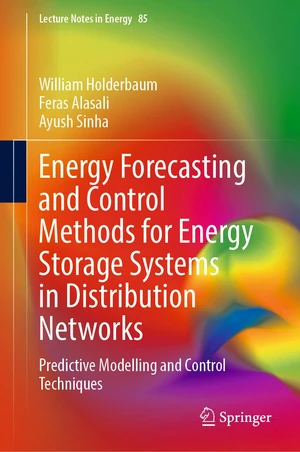This book describes the stochastic and predictive control modelling of electrical systems that can meet the challenge of forecasting energy requirements under volatile conditions. The global electrical grid is expected to face significant energy and environmental challenges such as greenhouse emissions and rising energy consumption due to the electrification of heating and transport. Today, the distribution network includes energy sources with volatile demand behaviour, and intermittent renewable generation. This has made it increasingly important to understand low voltage demand behaviour and requirements for optimal energy management systems to increase energy savings, reduce peak loads, and reduce gas emissions. Electrical load forecasting is a key tool for understanding and anticipating the highly stochastic behaviour of electricity demand, and for developing optimal energy management systems. Load forecasts, especially of the probabilistic variety, can support more informed planning and management decisions, which will be essential for future low carbon distribution networks. For storage devices, forecasts can optimise the appropriate state of control for the battery. There are limited books on load forecasts for low voltage distribution networks and even fewer demonstrations of how such forecasts can be integrated into the control of storage. This book presents material in load forecasting, control algorithms, and energy saving and provides practical guidance for practitioners using two real life examples: residential networks and cranes at a port terminal.
Price history
Jan 9, 2023
€156.13

